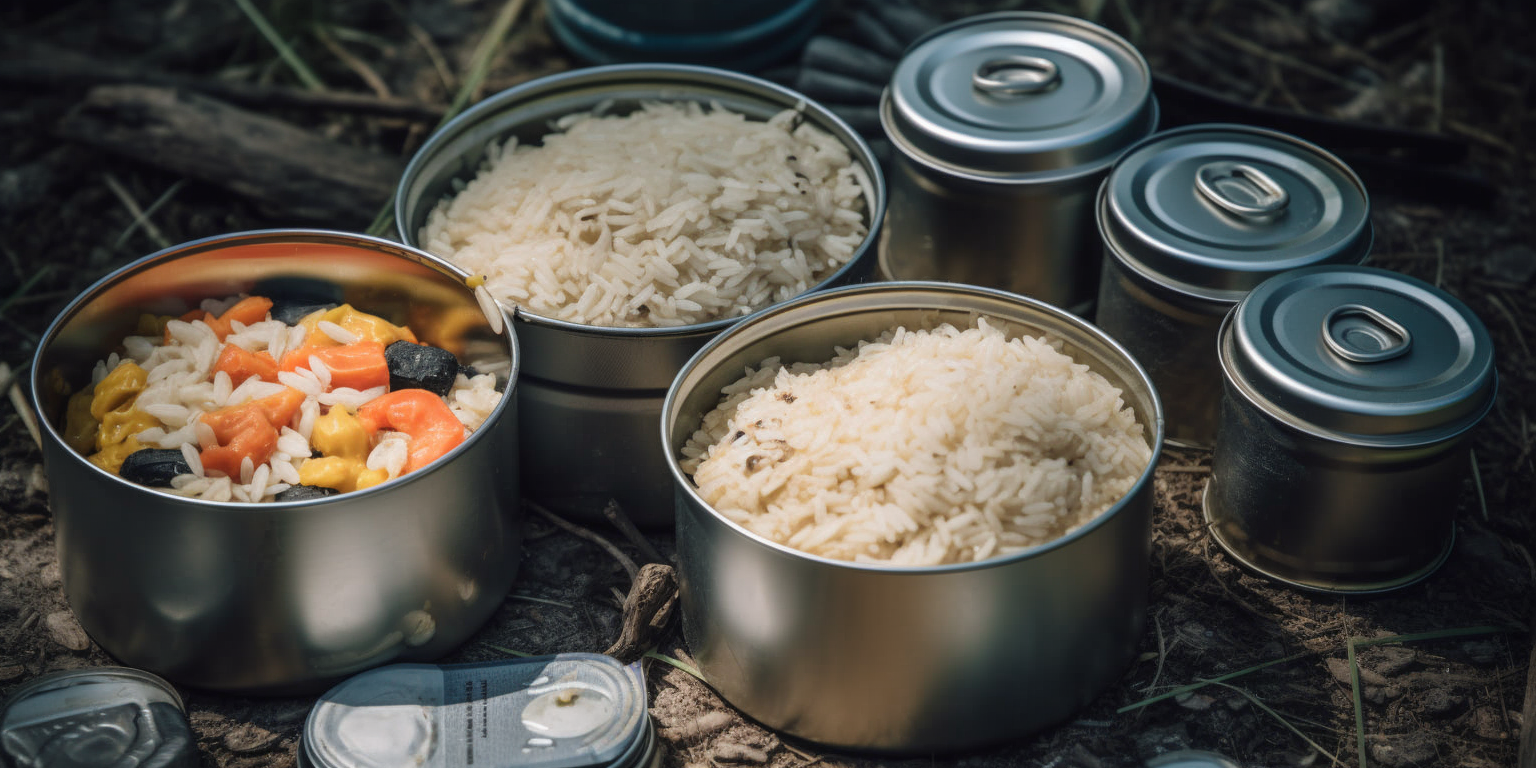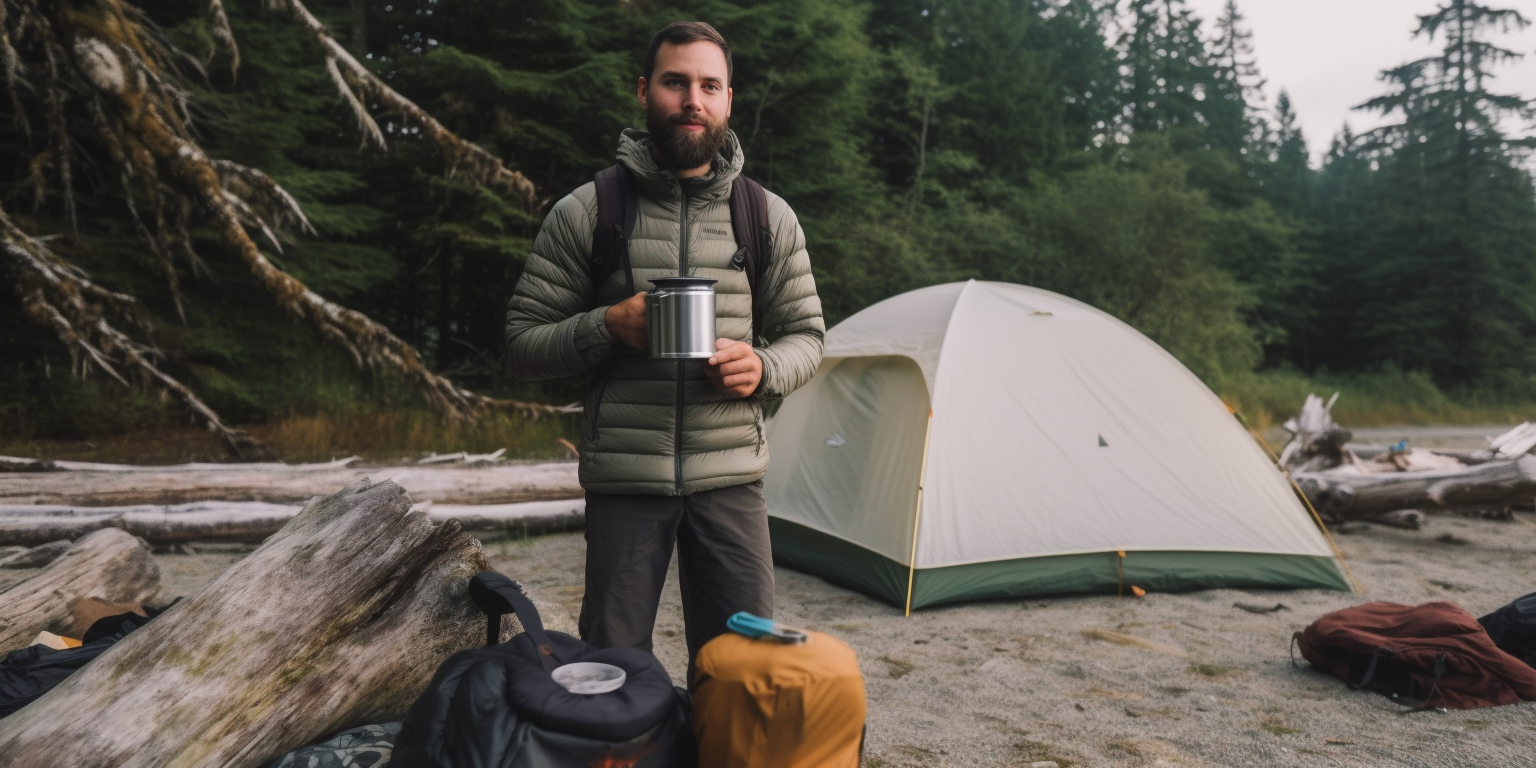
The Art of Lightweight Camping: Tips for Minimalist Adventures
The Art of Lightweight Camping: Tips for Minimalist Adventures
The allure of the great outdoors calls to many, but the prospect of carrying heavy and cumbersome packs can dampen enthusiasm. Here lies the challenge --how can we minimise our requirements and make the smartest choices. The solution not only alleviates the physical burden but also fosters a more sustainable and enjoyable outdoor experience. This article investigates the principles of lightweight camping, offering practical tips and insights for adventurers seeking to lighten their load.
- Understanding Lightweight Camping
Lightweight camping, often synonymous with backpacking, involves carrying only the essentials to reduce pack weight. The goal is to strike a balance between comfort and minimalism, ensuring you have what you need without unnecessary extras.
It is interesting to note that the base weight for a lightweight backpacker’s gear (excluding consumables like food, water, and fuel) is typically under 9 kg, which is less than 4 bricks.
- Benefits of Going Light
Aside from the obvious advantage of easier travel, lightweight camping can significantly enhance the outdoor experience. It allows for greater distance covered, reduces the risk of injury, and minimizes environmental impact.
“The lighter your pack, the more you enjoy the trek.”
- Planning and Preparation
Success in lightweight camping begins long before hitting the trail. Meticulous planning and preparation are key.
a. Detailed Itinerary: Knowing your route, campsites, water sources, and potential weather conditions helps in packing precisely what you need.
b. Gear Selection: Invest in high-quality, lightweight gear. Technologies in materials have evolved, allowing for lighter tents, sleeping bags, and backpacks without compromising durability or comfort.
c. Pack Smart: Use a checklist to ensure you only bring essentials. Consider multi-use items like a scarf that can serve as sun protection, a towel, or extra warmth.
- Essential Gear for Lightweight Camping
a. Shelter: Ultralight tents or hammocks are popular choices. Look for options that weigh no more than 1.3 kg).
b. Sleeping System: Opt for a lightweight sleeping bag suited for the expected temperature range and a compact, inflatable sleeping pad.
c. Backpack: A lightweight, durable backpack with a capacity of 40-60 litres is ideal for most trips. Ensure it has a comfortable fit to distribute weight evenly.
d. Cooking Equipment: A small stove, a lightweight pot, and a spork can suffice. Pre-packaged meals or simple, high-calorie foods minimize the need for extensive cooking gear.
- Clothing and Footwear
When it comes to clothing, the mantra is to layer. Choose moisture-wicking fabrics for the base layer, insulation for warmth, and a lightweight, waterproof layer for protection. Footwear should be sturdy yet lightweight, suited to the terrain.
According to a study in the Journal of Sports Sciences, reducing footwear weight by 100 grams per foot can decrease energy expenditure by 1% - a fact that most people won't have ever considered.
- Hydration and Nutrition
Water is essential but heavy - 1 kg per litre. Plan your route to include water sources where you can filter or purify water rather than carrying it all. Nutritionally dense, lightweight food options include nuts, energy bars, freeze dried meals, and jerky.
- Navigating and Safety
A lightweight approach doesn’t mean compromising on safety. A compact first-aid kit, a multi-tool, a map and compass or GPS device, and a headlamp are non-negotiable essentials. Always inform someone of your itinerary before departing.
- Leave No Trace
Lightweight camping aligns with the Leave No Trace principles, advocating for minimal impact on the environment. Pack out all waste, camp on durable surfaces, and respect wildlife.
- Skills Over Gear
While gear is important, skills are invaluable. Learning how to navigate, set up shelter efficiently, manage food and water, and respond to emergencies ensures preparedness beyond what’s in your pack.
Final Thoughts
Lightweight camping offers an enriching way to explore the wilderness, challenging adventurers to reconsider what's truly necessary for a fulfilling outdoor experience. By focusing on essential gear, planning meticulously, and adopting a minimalist mindset, you can enjoy the freedom and simplicity of the great outdoors in a sustainable, responsible and cost-effective manner.
Suggested Articles
How to Balance Taste and Nutrition in Adventure Food Planning
Embarking on an outdoor adventure, whether it's a multi-day hiking trip, camping, or a kayaking journey, requires mor...
Cooking with Freeze-Dried Foods: Creative Recipes for Camping and Emergency Situations
Freeze-dried foods have revolutionized the way we approach cooking in outdoor and emergency scenarios. These lightwei...
Embracing the Great Outdoors: How to Plan a Zero-Waste Camping Trip in the UK
As climate change and waste disposal continue to be pressing issues worldwide, many people are adopting sustainable ...




